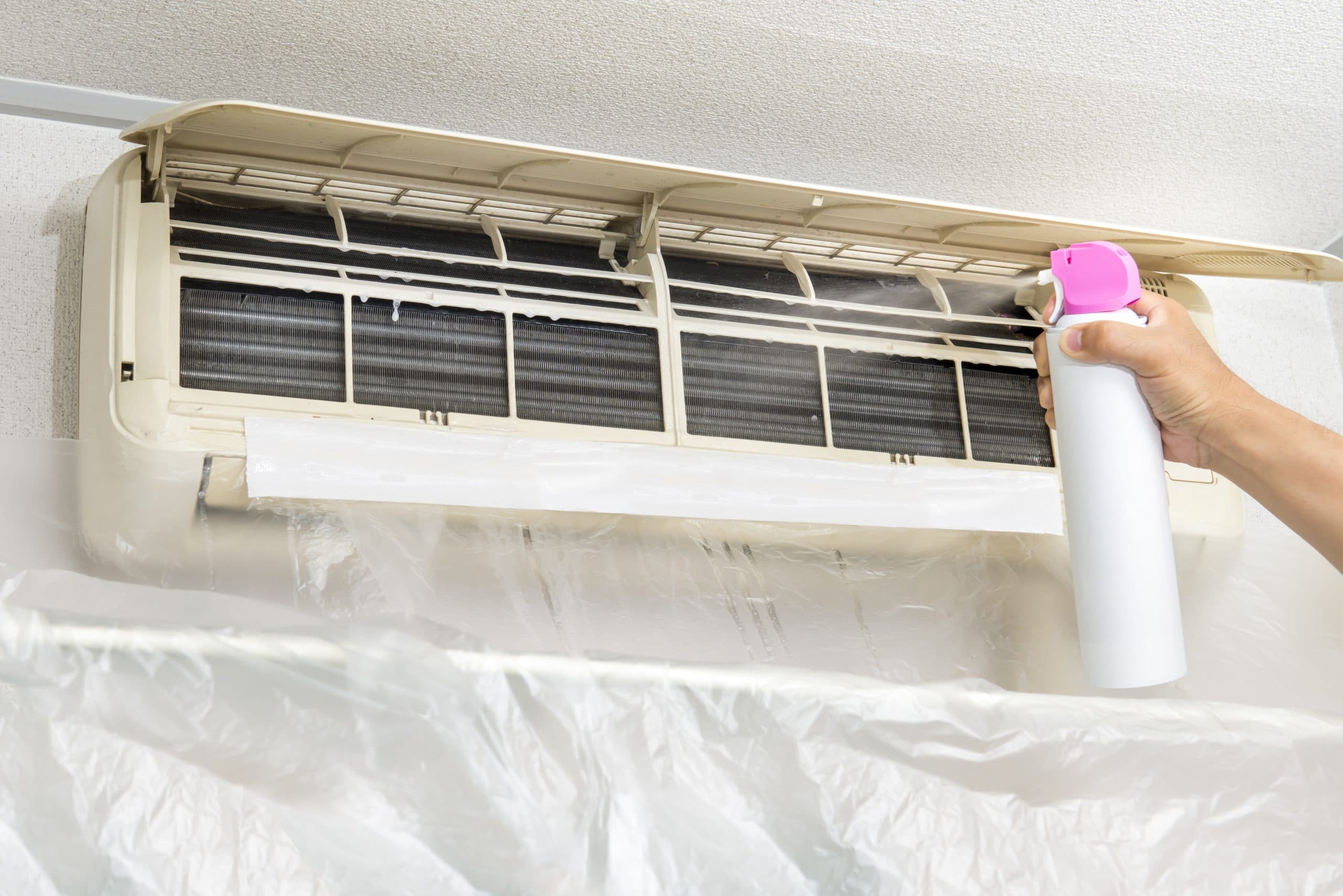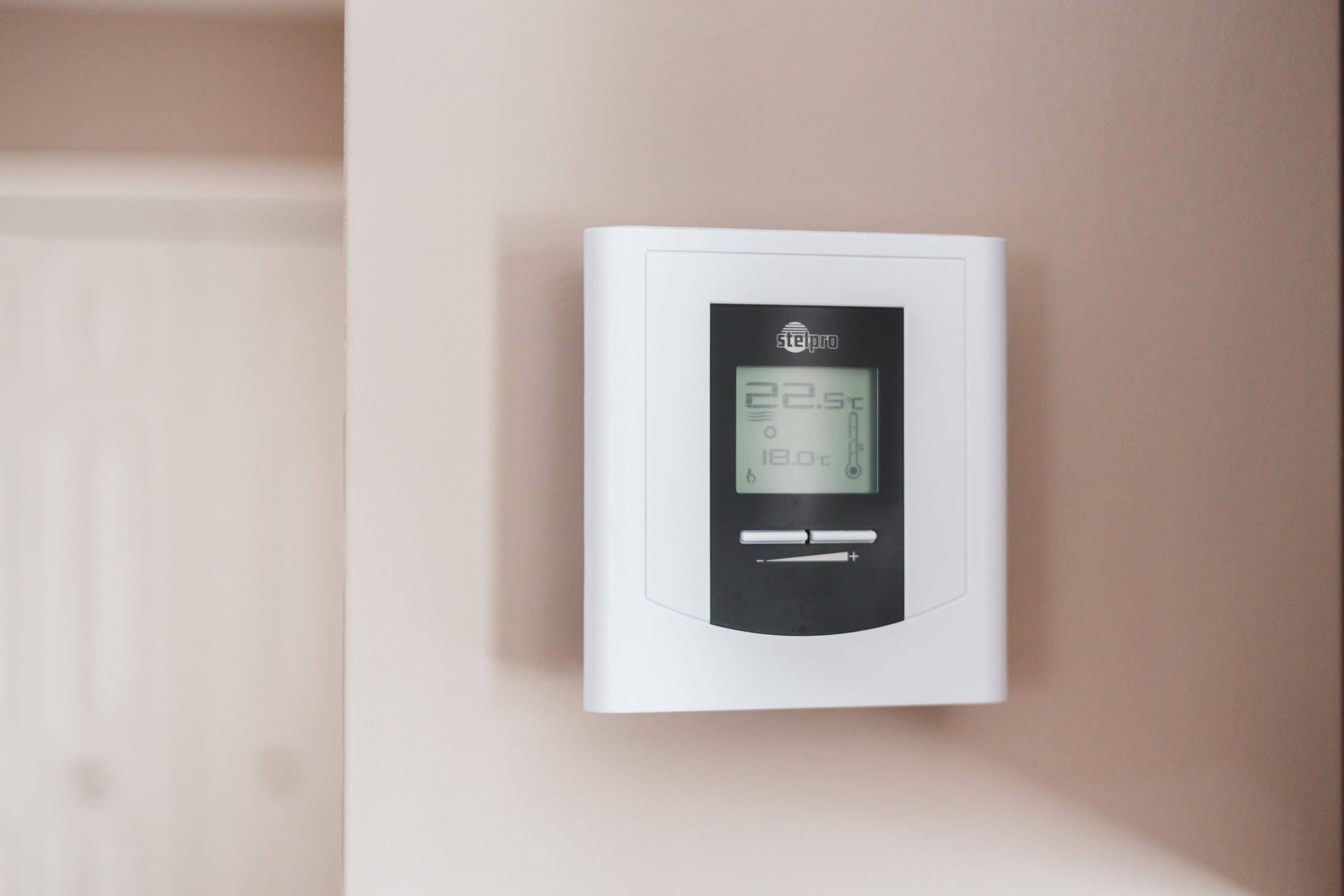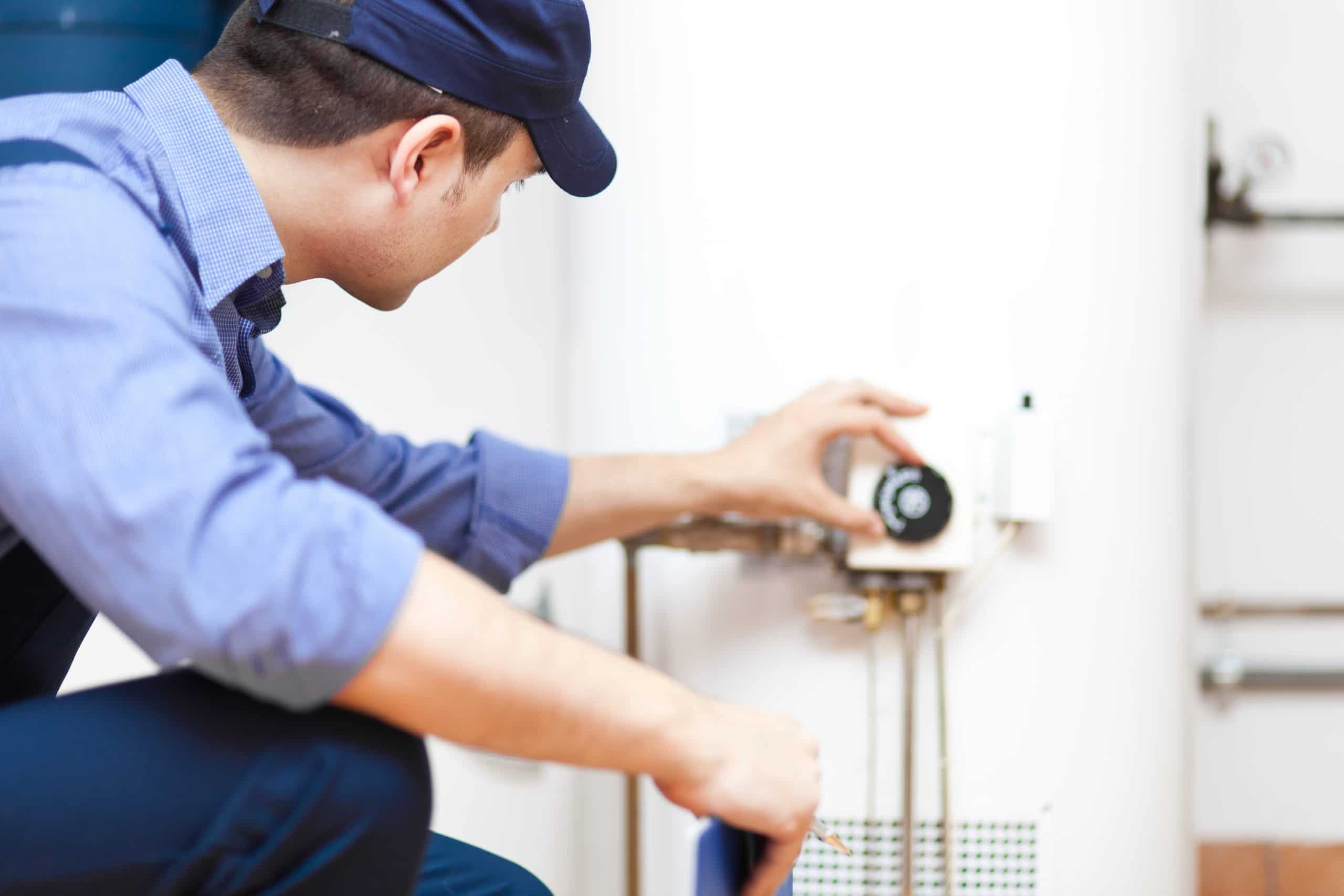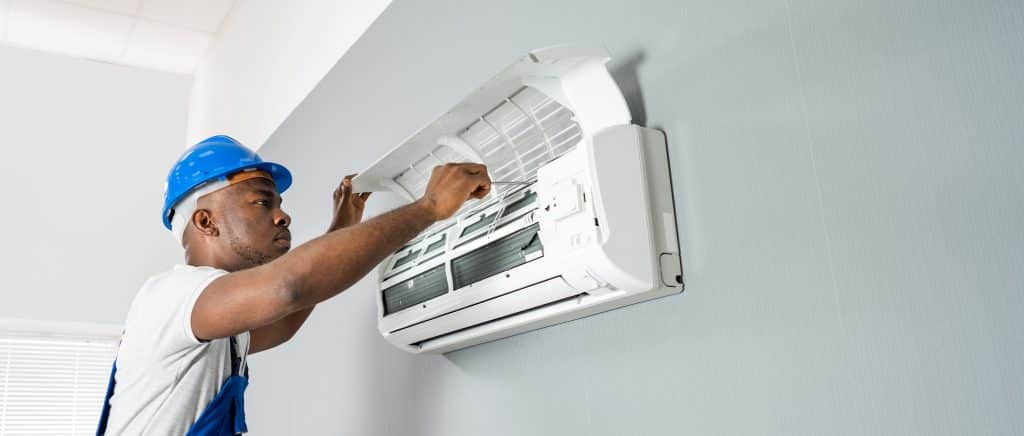With the winter season fast approaching, you need to ensure that your heater is fully functional. No matter how much you love the winters, a heater is a must-have to get you through the cold weather.
A heater helps to keep you and your family warm and comfortable through the cold winter days. However, there is much more to your heater other than setting it at 70 degrees.
Since you’ll be turning on your heater for the first time after the summer, you’re likely to experience some issues. To get the best out of your heater, you will need maintenance measures to ensure that it serves you throughout the winter.
Do you have a maintenance routine for the heater? How do you ensure that it is ready at least a month before the cold season? The purpose of this guide is to take you through actionable tips to ensure that your heater does not fail you during the winter.
Getting to know the issues and having a repair technician come in early will help you avoid emergency service calls.
Here are some excellent pre-winter tips to help you put your heater in its prime working condition and get it ready for the cold months.
Inspect Your System Visually
The first step to preparing for the cold weather is to give your heater a visual inspection. You want to make sure that all the wires and parts of the heater are intact. Look for signs of pests or animals that may seek refuge in the heater and damage the wiring.
If you find anything alarming when conducting a visual inspection, call a trained professional. Avoid ignoring any noises, movements, or odor, as it will cause damage to the heater when you turn it on.
Clean the Heater Thoroughly

Take your time to wipe your heater down before you start using it for the winters. A vacuum with a long nozzle attachment will help you clean the areas that are difficult to reach, like the blower and the fan.
Just be careful not to pull out any wiring in the process. Later, dust the vents and adjust dampers throughout our house. During the fall, your air filters will collect dirt, dust, allergens, dander, and more.
By the end of the season, your heater will be congested and will not be in a position to filter the air as thoroughly as it should. So, replace any dirty filters to breathe the cleanest air.
Inspect the Ducts
Leaks in your ductwork can prevent your heater from working efficiently. If the duct is not properly sealed, it may end up skyrocketing your bills.
You can easily find heat-graded foil tapes in any local hardware store. If you aren’t confident, you can have your ductwork inspected and cleaned by a professional, as you will need your heater to work without any problem throughout the winter.
An HVAC professional will check your ducts for leakages and excessive contamination and fix them before they get any worse. It is essential to check the ducts and carry out proper maintenance.
Adjust the Thermostat

Your thermostat may be set for the summer conditions. Take time to adjust your thermostat to ensure that it meets your heating needs.
You’ll want to set the temperature a couple of degrees higher than your current room temperature. You’ll also need to decide if you want the system to run automatically or allow it to stay on.
Test your thermostat by turning on the heat option. If the system fails to start, replace the batteries and also check the wiring. If all the settings are correct and the thermostat fails to start, contact an HVAC professional to diagnose the problem.
Schedule for Maintenance Service

A proper inspection and maintenance of your heater by a trained HVAC expert should be on the top of your to-do list. They will perform maintenance procedures to ensure your heater is in better working condition once the winter arrives.
Once you notice any malfunctioning in your heater, schedule it for repair as soon as possible. Strange noises or odors can cause severe damage to your heater and should never be ignored.
Trained technicians also have a keen eye to find minor problems and repair them before they turn into big mechanical failures.
Cover Up Your Condenser
Cover your traditional HVAC before the snow falls to protect it from falling icicles. It will also block ice from collecting inside and prevent any damage from hail, tree branches, and more. If you have a heat pump, there is no need for you to cover them.
In addition, do not place any objects near or on the top of your unit. Boxes, large furniture, storage containers, and mops should not be close to your heater, as they can increase fire risk.
Other Heating Considerations to Keep Warm During Winters
Apart from ensuring your heater is working correctly, you can do a few other things to maintain the proper air quality in your home.
- Get a Humidifier and Humidistat – The air inside your home is quite dry during the winter months. Using a humidifier can help maintain optimal humidity inside the house and improve air quality. Some humidifiers can be connected directly to your heater.
- Check for Cold Air Leaks – Keep your hand near the door and windows. If you feel air drafts when they are closed, there might be possible air leaks. You can install new weather stripping or use recaulking to prevent cold air into your home.
- Upgrade to a New Energy Saving Model – Modern thermostat comes with unique features allowing you to set different temperatures for different times of the day. It can help you save a lot of money and time in the long run.
Conclusion
Now it is your turn! The above tips and tricks will maintain your heater throughout the cold season. If you need a professional to check your heater, contact us for HVAC services. We will help make your home a safe haven during the harsh winter winds and snow. If you wait too long, you could wake up to a cold home on the coldest days of the year.



